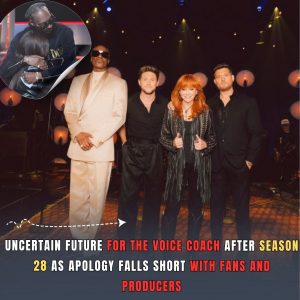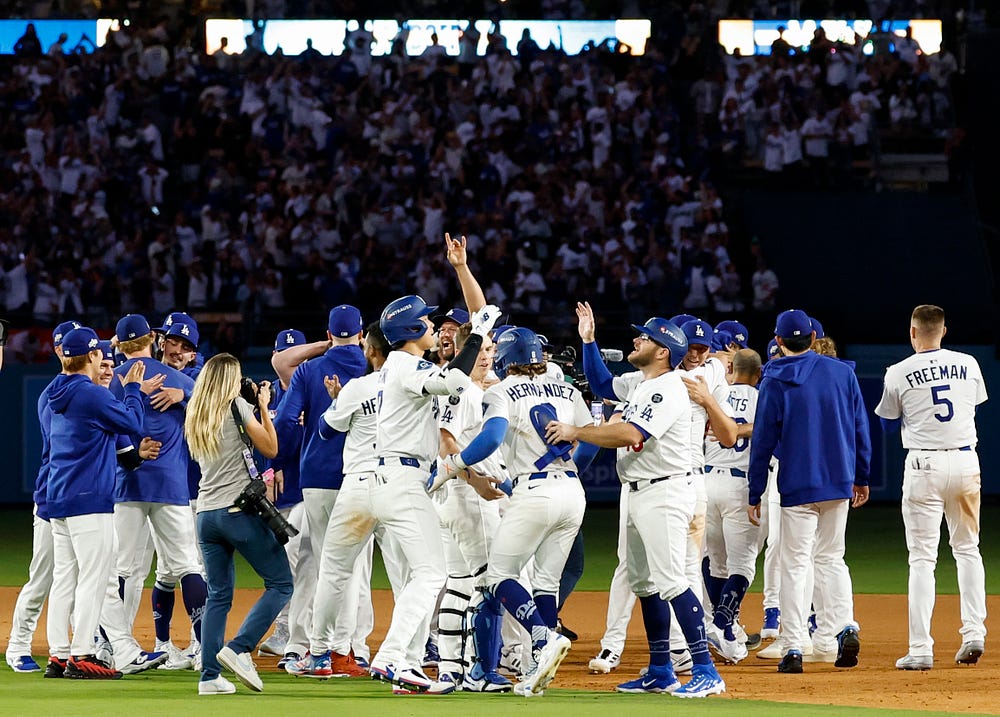
by Cary Osborne
The windshield wipers moved back and forth, sweeping rain that had fallen from the night sky. The evening had already been dampened by a lost no-hitter, sullied by a walk-off loss.
The bus transporting the Dodger team back to its hotel in Baltimore on a Saturday evening was silent — except for the faint sound of the wipers clearing a sight of the open road ahead.
That Sept. 6 day had begun on the water and with a jovial mood.
The Maryland Cycling Classic took over the roads of Baltimore and the route to Oriole Park at Camden Yards. That created a pivot for Dodger team travel. Players, coaches and staff took boats from their hotel toward the ballpark, creating a field-trip kind of atmosphere. Raindrops made things a little uncomfortable. Freddie Freeman, whose motion sickness was common knowledge amongst the group, was the target of some light-hearted ribbing.
But views of waterfront murals along the choppy waters and a unique travel experience created a relaxed group on its way to play game No. 142 of their regular season.
“It was different. It was so peaceful,” recalls Teoscar Hernández.
The Dodgers lost the prior evening 2–1 on a walk-off home run by Orioles rookie catcher Samuel Basallo. A losing streak had hit four games — all losses on this road trip, all to last-place teams after a stunning sweep in Pittsburgh by the Pirates.
But as the Dodgers settled in at Oriole Park, manager Dave Roberts took the opportunity to talk to the club in a team meeting.
“Whether it’s me talking to players, them talking amongst themselves, understanding where the schedule is at, we needed to kind of tighten some things up,” Roberts recalls.
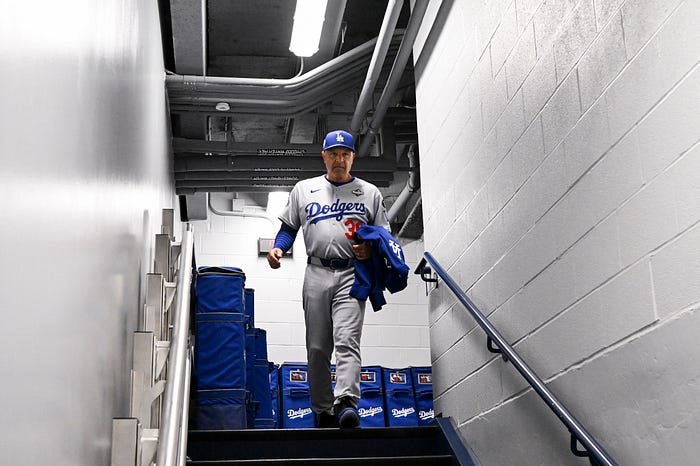
It was already a long season to that point, coming off a short offseason. The Dodgers ended 2024 later than 28 other teams — the result of winning the World Series.
They started Spring Training a day (in some cases two days) earlier than 28 other teams. This, because they began the 2025 regular season in Tokyo against the Cubs.
The team had worn the effects of expectations — as the defending World Series champions with an even more talented roster than the year before — and the grind of a lengthy season into the early days of September. A cross-country road trip didn’t help.
The result was a fight to keep hold of the lead in the National League West with the Padres, Diamondbacks and Giants in a hunt.
Roberts chose this point to make a point.
Baseball managers aren’t like football coaches. The fiery, rah-rah speech before a game isn’t the norm. Baseball’s 162-game regular season schedule can make a daily manager’s speech seem like white noise. So when a manager does speak to the team in the clubhouse, it’s meaningful.
Roberts, in this speech, wasn’t fiery or rah-rah. He was deliberate.
“We didn’t have an answer for what was going on,” says veteran infielder Miguel Rojas. “And Doc had the perfect touch to talk to us and kind of challenge us to push through the last six weeks and make the most important weeks of our lives.”
The Dodgers — more Yoshinobu Yamamoto — made the pregame talk feel like an immediate page-turner.
Batter after batter, inning after inning, it was zero after zero. The most illuminating zero was under the hit category on the Oriole Park scoreboard.

Yamamoto had taken a no-hitter into the ninth inning. He had two outs. Orioles second baseman Jackson Holliday stood between him and the 24th no-hitter in Dodger history.
Holliday hit a 2–1 pitch over the shorter wall in right field to break up the no-hitter and shutout.
A gut punch.
But the Dodgers still led 3–1.
Roberts went out to the mound to collect the baseball from Yamamoto, who had reached a Major League career high 112 pitches. Yamamoto smiled, and Roberts gave him a hug.
The vibes were still good … until they weren’t.
Get Cary Osborne’s stories in your inbox
Join Medium for free to get updates from this writer.
Five batters later, the Dodgers lost the game 4–3 on a walk-off single by Baltimore third baseman Emmanuel Rivera.
Faces were sunk in the Dodger clubhouse afterward. It was the kind of loss — and kind of stretch — that could sink a team.
“It’s hard to recount a game like this where there are so many things that you feel like you can get a little bit of momentum, build off a great outing by Yoshinobu and take that into tomorrow,” a worn Roberts said after the game. “Obviously, it completely flipped.”
But in the next breath, Roberts didn’t sound like a man defeated.
“The guys fought hard,” he said. “With the way we played, I’ve got no complaints. We just couldn’t get that last out.”
That game was catcher Ben Rortvedt’s first start in a Dodger uniform. The veteran catcher brought over at the trade deadline for catching depth — behind Will Smith and Dalton Rushing — found himself thrust into action after Smith suffered a hairline fracture to his right hand on Sept. 3 in Pittsburgh and Rushing went down with a bone bruise on Sept. 5.
Rortvedt barely knew his own team. So to start the day with a team meeting, nearly catch a no-hitter and lose the game was a lot to swallow in one day.
But there was something he noticed about his new team almost immediately.
“There’s just not that much panic at all in here,” Rortvedt says. “That’s the confidence in each other, that’s the kind of people who are in this clubhouse.”
The bus ride back to the hotel was quiet on Sept. 6. Tomorrow was a new day.
Shohei Ohtani hit a leadoff home run on Sept. 7 on the second pitch of the game from Baltimore starting pitcher Tomoyuki Sugano. He hit another home run in the third inning, and Mookie Betts followed with one of his own. Clayton Kershaw pitched into the sixth inning.
The bullpen earned the final 10 outs in a 5–2 win.
The Dodgers were heading home to Los Angeles at 1–5 in totality on the road trip.
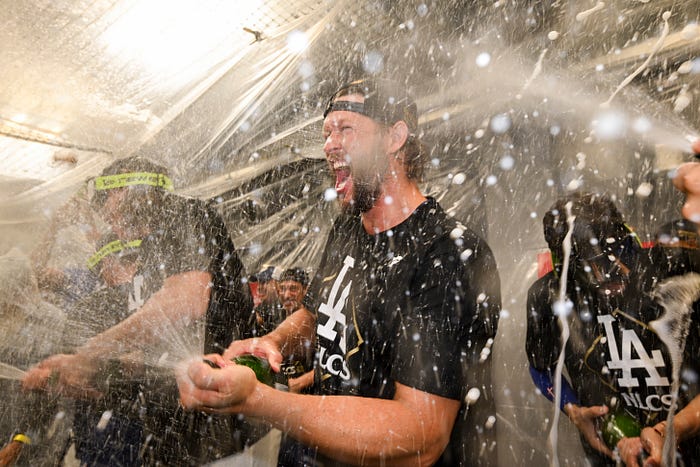
They hit a smooth runway for a short three-game homestand — the worst team in baseball. They swept the Colorado Rockies.
They flew north and later lost the first game in San Francisco on a walk-off, but beat the Giants the next two games. Philadelphia was next, and though they lost two of three, the losses were tight games.
Something was happening.
From Sept. 17 to Sept. 28 (the final game of the regular season), they went 9–2. They won the NL West on Sept. 25 in Arizona.
“September kind of felt like it was the whole year. It was just up and down,” says utilityman Kiké Hernández. “We were very inconsistent. And it was all about trying to survive and get to the postseason. And then once the postseason started, forget about the regular season and understand who we are as a group and understand that everybody’s coming for us. We have a target on our backs, so we had to play like it.”
And they have — through the Wild Card round, the NL Division Series, the NL Championship Series and into the World Series.
The team could have gone one of two ways late in the season or even in the postseason.
Starting pitching concerns and injuries, offensive struggles and bullpen woes, a team out of rhythm, it could have created a fork in the road when they reached Baltimore.
“I do think that Baltimore series was a point that we started playing better baseball,” Roberts says.
“We knew it was just a matter of time,” Teoscar Hernández says. “Things weren’t going the way we wanted them to go in those moments. But it was keep your head up. At least keep trying. At some point things will go the way we wanted them to go. And I think that’s when everything changed.”
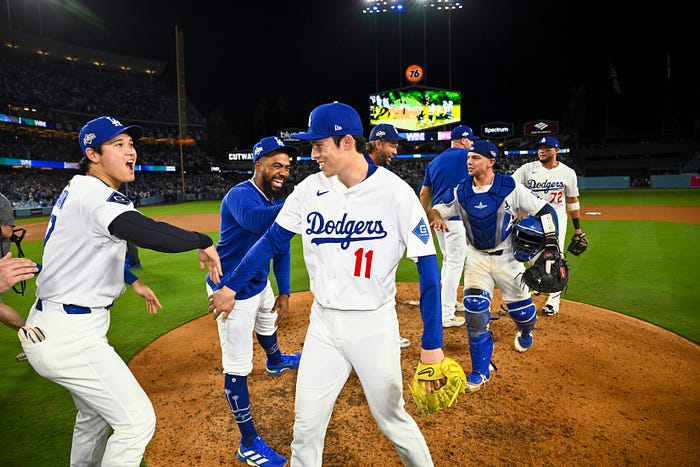
This team has an identity — one that started to take shape in the early days of September.
“I think it’s just a relentless desire to compete and win,” says Andrew Friedman, president of baseball operations. “Watching the work that they do every single day on the field, underneath, the conversations that are had, it’s guys challenging each other to do everything they can to go out and win a baseball game that day. And watching the work, the focus, the intent, with how much they all care for one another has been really special to watch.”
Since Baltimore, the Dodgers haven’t lost more than two consecutive games. They lost two straight to Philadelphia on Sept. 15 and 16. And they lost two straight to Toronto in Games 4 and 5 of the World Series. But now, with the Dodgers down 3–2 in the World Series, the fork in the road is here again.
Now in Toronto.
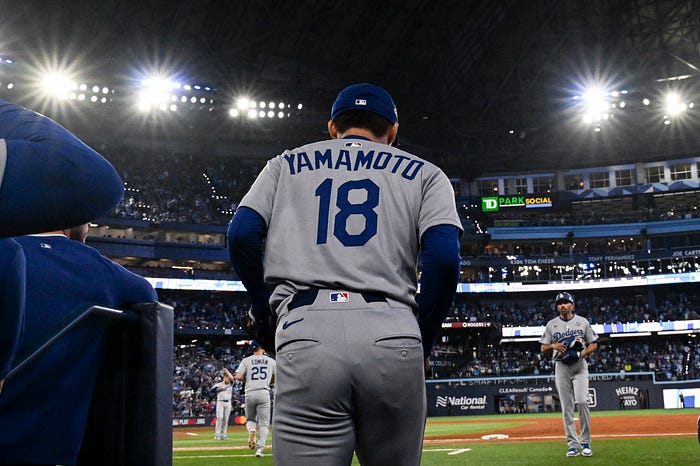
“We faced so many bumps in the road (this year),” Freeman says. “I think in Spring Training everyone was saying, ‘This is how the season’s going to go.’ And obviously it didn’t go that way. At one point, our whole starting rotation was injured. We have gone through rough spells of the offense, the bullpen, everything. We’ve all been through tough times. … But we have faced so much adversity throughout the course of this year that we’re ready for it.”



